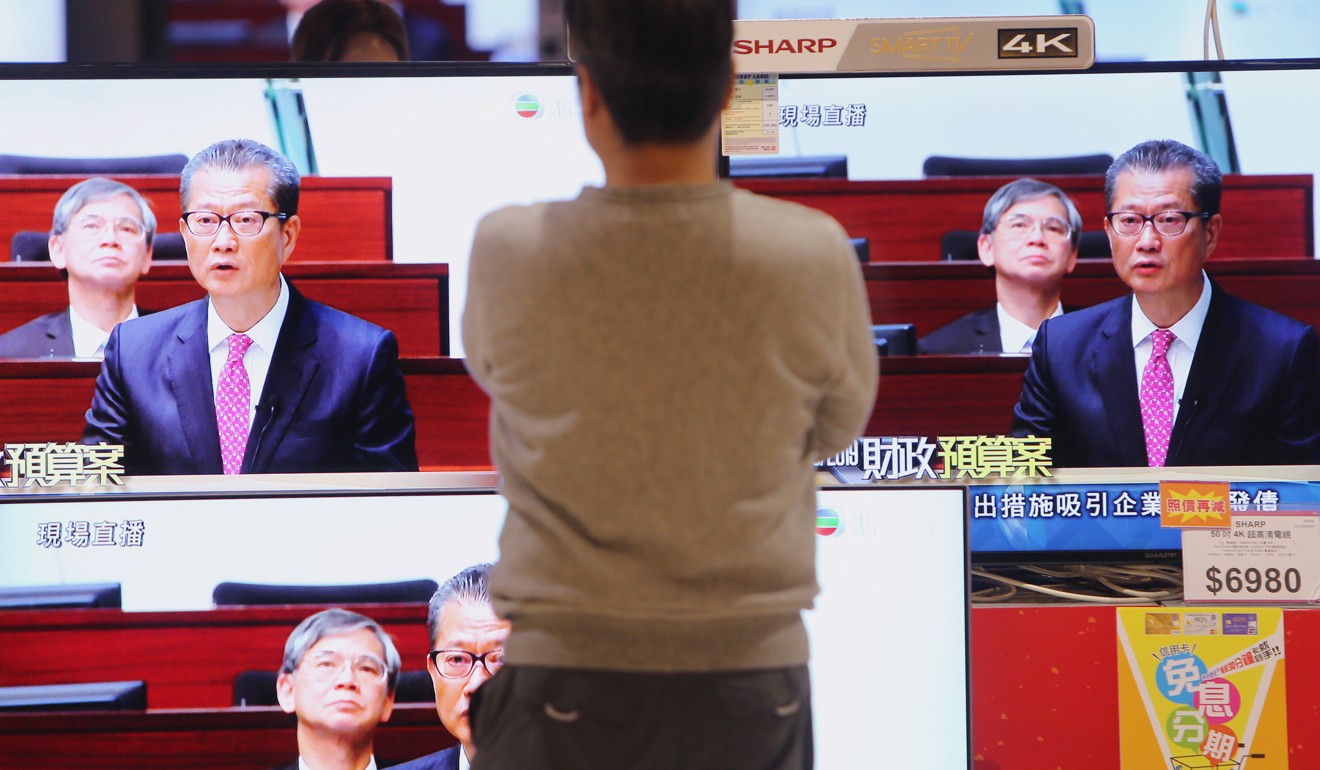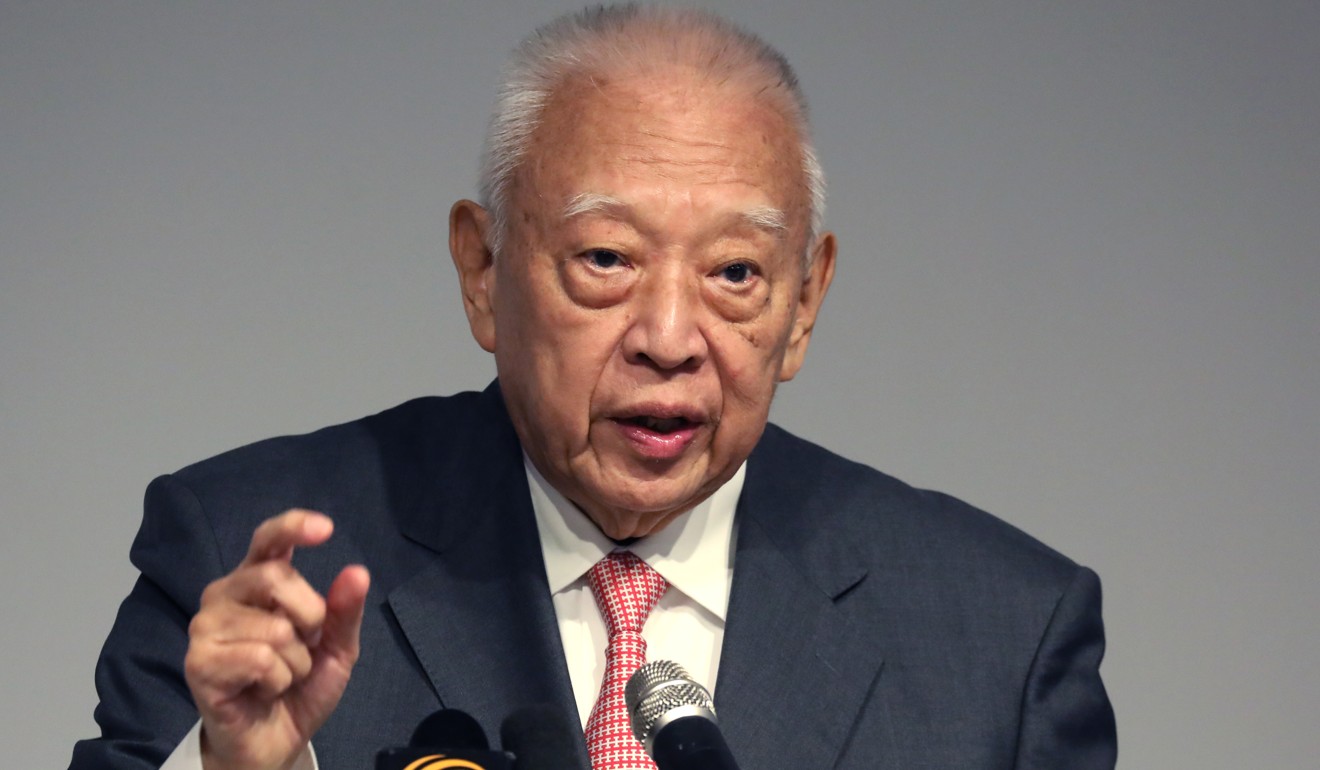
What exactly does the Hong Kong government want RTHK to be?
- A recent report laid bare problems with many reruns and little original content
- But the station’s role and operations are uniquely fraught
When it comes to measuring television ratings properly in this internet age, does it make sense to apply the same methodology employed by the government in its value-for-money audits?
It has been used for decades to check on all spending of taxpayers’ money, and has been well received by the public. So, in theory at least, it should be no exception for any government body.
But for a public broadcaster like RTHK, the fundamental differences between a government agency and a commercial entity could lead to controversial readings.
The city’s audit commissioner last week presented the public with quite a terrible picture of RTHK: its two TV channels have been rerunning about 40 per cent of their programmes, less than 20 per cent of which are original content. Worse, the average rating for the first half of this year was only 0.1 per cent, at about 6,400 viewers, on top of some other problems.
Sounds shocking? No boss of any private station would tolerate this, but here’s where the problem arises: RTHK has a full set of social obligations to meet; being free from any commercial pressure, it must produce a fair amount of programmes catering to the needs of various social sectors, which private stations would rather not bother with.
Also, private broadcasters measure prime-time or off-peak hour ratings for specific shows instead of an overall average – unlike the government auditor – to give advertisers a better sense of which time slots to choose.

And, to be fair, RTHK’s two TV channels currently provide only 19 hours of programming instead of all-day services, for various reasons, including resource constraints. Unfortunately, the value-for-money audit employs a 24-hour operation model.
Keep in mind, also, that the global trend is declining TV viewership in the face of changing habits due to the proliferation of alternatives on mobile platforms.
Re-runs make up 40 per cent of shows on RTHK’s TV 31 and TV 32
This is not to suggest that RTHK is entirely free of fault, of course, but it is more important for the government to sort out the underlying issue: what exactly does it want RTHK to be?
Ever since a failed attempt before the handover by the city’s last governor, Chris Patten, to privatise RTHK, against strong opposition from Beijing, the public broadcaster has become a political hot potato.
Is it a government propaganda unit, an independently run media organisation, or a public broadcaster in the true sense? And how so, since it is funded by the government, and its staff – except those on contract – are civil servants?

All these valid questions remain unanswered, although the government made an attempt to restructure RTHK during the time of the first chief executive, Tung Chee-hwa. The idea was aborted due to many political considerations.
With the rapid development of technology, RTHK does indeed have to face a new era of reform that would include a rethink of its culture and way of operating. In this regard, the audit report serves as a good reference, but the station’s many quality programmes and dedicated staff should not be ignored.
Like it or not, many governments, including that of US President Donald Trump, share one common desire: to get their message out in the manner they prefer, and as naturally as possible from a government perspective, since privately owned media are not supposed to toe the administration’s line.
In a recent tweet, after criticising CNN, Trump mentioned “the possibility of the United States starting our own Worldwide Network to show the world the way we really are, GREAT!”. That triggered plenty of heated debate in the US.
Here in Hong Kong, the positioning of RTHK is always a matter of political controversy, which affects its operation, but the government will have to face it.

